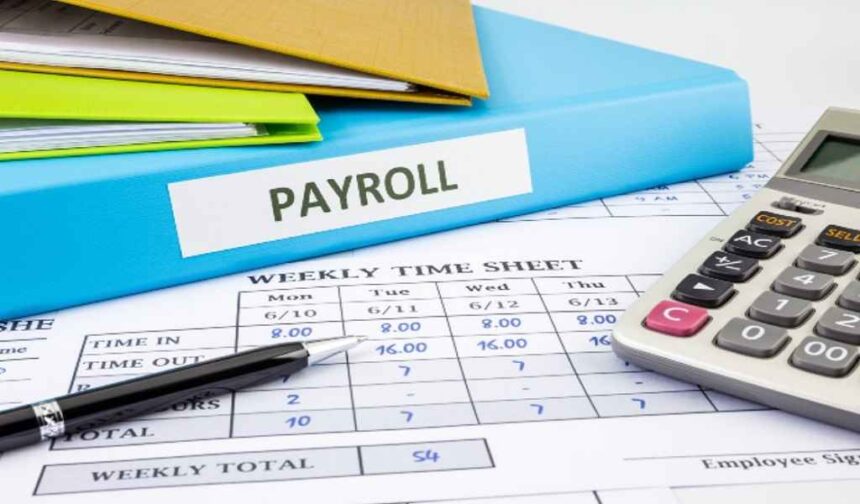As a small business owner, you work hard to make your company a success. From brainstorming innovative new products to being available at all hours of the day, it can be a grueling business, and unfair.
That’s why you should always consider paying your employees a little extra. It will show them how much their work means to the company, and how much you value their contributions.
So, how much should you pay employees, though?
We’re going to give you some tips, tricks, and guidelines to help you determine your pay scale and figure out if your employees are getting paid enough.
Depending on the Employee’s Position
Businesses should pay employees depending on the position they hold. In general, higher positions that are more integral and require a higher level of expertise and knowledge should be paid more than lower positions. For example, a CEO should be paid more than a mid-level manager.
This is because they require greater responsibility, experience, and results. Additionally, employees that have specialized education or certifications should be paid better. This is compared to those who don’t have it.
Ultimately, businesses should consider how much market compensation is for a particular role. This is as well as the worth of an employee’s unique skill set to the organization as a whole, to determine equitable pay.
According to Labor Laws
Businesses should always familiarize themselves with labor laws in the state or country they are operating. This is to ensure they are complying with regulations and avoiding potential legal issues. Depending on the labor laws, they will determine the wages to be paid and the additional benefits-eligible employees should receive.
Wages should be at least the hourly minimum wage set by law. However, businesses may opt to pay more to attract and retain the best employees and remain competitive. Benefits should also be based on the labor laws, such as paid time off, overtime, and workers’ compensation.
Businesses should be aware that labor laws change and review them regularly. Employees should be informed of their pay and benefits and any changes or updates to labor laws. To avoid the difficulties of paying employees, some hire payroll services for small business to get the job done without hassling you.
Employee Performance
Employees should be paid based on their performance levels. Businesses should look at the employee’s performance when giving a wage. Companies should strive to reward and incentivize their best performers.
This can lead to increased productivity and satisfaction across the organization. The amount that a business pays to an employee should take into account the value that the employee brings to the company. It should always be based on their performance and productivity.
Businesses should also consider offering additional bonuses or rate increases to employees who go above and beyond, meeting or exceeding company goals. Setting a wage can be difficult, but using an employee’s performance can help ease it.
Properly Pay Employees
Businesses must determine an employee’s compensation rate while considering market value, experience level, and performance. In the end, it is up to businesses to determine what a fair wage is for their employees.
Running a company can be tricky. That is why business management is important when you pay employees. We encourage you to make sure that employees are paid a livable wage that reflects their value to the organization.
If you want to read more articles, visit our blog.



